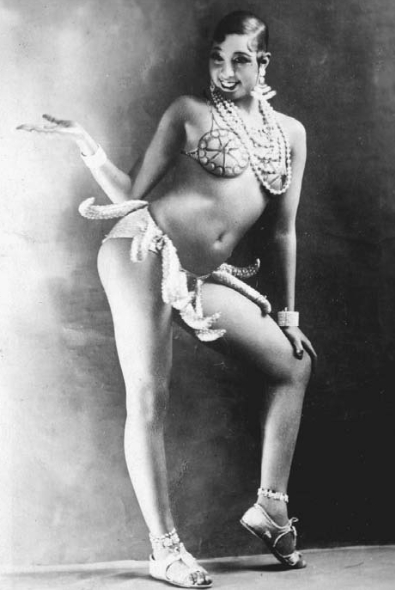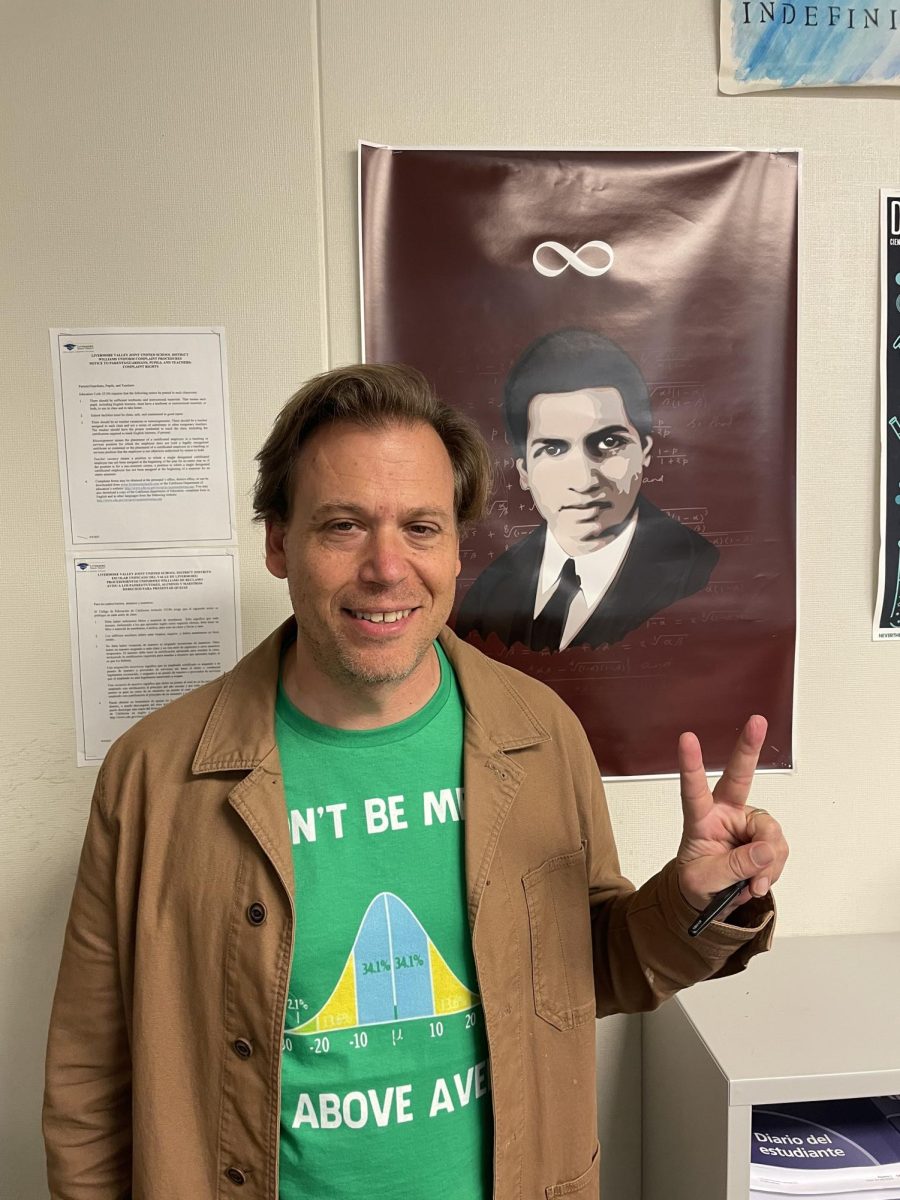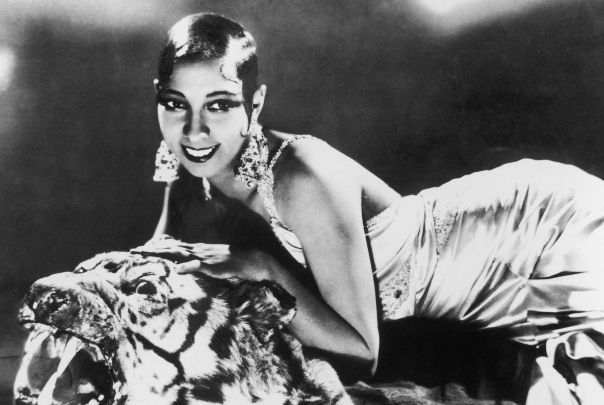During this week of Black History Month, the Pomegranate honors Josephine Baker. Famous dancer turned spy and civil rights activist, let’s look back on how Baker influenced French culture and brought Black art into the spotlight.
She was born Freda Josephine McDonald on June 3, 1906, in St. Louis, Missouri; her mother, Carrie McDonald, was a failed music hall dancer and her father, Eddie Carson, was a vaudeville drummer. Her father abandoned the family soon after Baker’s birth and her mother would go on to marry and have several more children. Baker spent her early childhood fatherless and poor and had to quit school between the ages of 8 and 10 to help support her family. She found work as a maid and babysitter to wealthy white families who often treated her poorly.
After a childhood spent in poverty and with a bad relationship with her mother, Baker began performing with an African American theater group at the age of 15. She married Willie Baker in 1921 and would continue to go by Josephine Baker even after their divorce in 1925. She performed with the theater group until she got a place in the chorus line of the off-Broadway show Shuffle Along in New York City. From there, she joined the Broadway show Chocolate Dandies and frequently performed at the Plantation Club. She became well-known in New York during the Harlem Renaissance, and her humorous and attention-grabbing dance style brought her acclaim in the Black art scene.

Dissatisfied with the limited work she could find in America, Baker moved to Paris, France in 1925. She performed in Paris at the Theatre des Champs-Elysees in La Revue Nègre and quickly became famous due to her unique dance style and incorporation of African culture. She became especially famous for her banana skirt costume in Danse Sauvage, which she premiered in La Revue Nègre. Baker explored the French’s obsession with “exotic” Africa and used it to her advantage as an elegant, talented Black woman. She capitalized on African and non-Western cultures which were growing in popularity in France.
Baker was featured at the Folies-Bergere, one of the most popular music halls in Paris. Her fame grew throughout Europe as she starred in several movies (her film debut was in Zouzou) and created and endorsed French products. During this time, Baker was one of the highest-paid performers in Europe, and to famous fans such as Ernest Hemingway and Pablo Picasso she was known as “Black Venus”.
Baker would never be as popular in the United States as she was in Europe. In 1936, she returned to the U.S. to perform in the show Ziegfeld Follies but was reacted to with hostility in racism. She quickly returned to France and became a French citizen in 1937.
Baker was still in France when WWII broke out and the Nazis invaded France. Baker joined the Red Cross and the French Resistance movement, working for the Deuxieme Bureau, the French counterintelligence unit. She used her status as a celebrity and performer to socialize with German officials and gain confidential information on the Nazis’ operations. As a performer, she was allowed to travel out of France to the United Kingdom. On these trips, she carried information on German military operations written in invisible ink on her sheet music to the British Authorities.
After WWII, Baker was awarded the Croix de Guerre and the Legion of Honour, two of the highest French military honors. Even though Baker was still based in France, she became a vocal member of the American Civil Rights Movement. Baker refused to perform at segregated venues and spoke at many marches, including at the March On Washington in 1963. Baker expressed that her celebrity status in France and her experience of relative racial equality in Europe had made her even more aware of the struggles of African Americans in the U.S. Baker fought for civil rights until she died in 1975.
Starting in 1950, along with her fourth husband Jo Bouillon, Baker adopted many children from different nationalities as part of what she called her “rainbow tribe”. She adopted 12 children in total who lived at Baker’s property in France, the Chateau des Milandes.
Josephine Baker died on April 12, 1975, in Paris, France after suffering a cerebral hemorrhage. She received a 21-gun salute from the French government, becoming the first American woman to receive French military honors. Josephine Baker captivated French audiences with her exploration of Black American culture and was one of the most popular entertainers in Europe. She worked tirelessly for the Allies during WWII and for the civil rights movement in the U.S. Josephine Baker was a woman of great determination who fought for a more equitable society. To end on Baker’s own words, “I did take the blows [of life], but I took them with my chin up, in dignity, because I so profoundly love and respect humanity.”





























